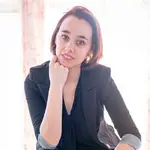Throughout the 20th and 21st centuries, a number of women have helped get the American electorate acclimated to the idea of a woman in the Oval Office. Here are four female presidential candidates you should know.
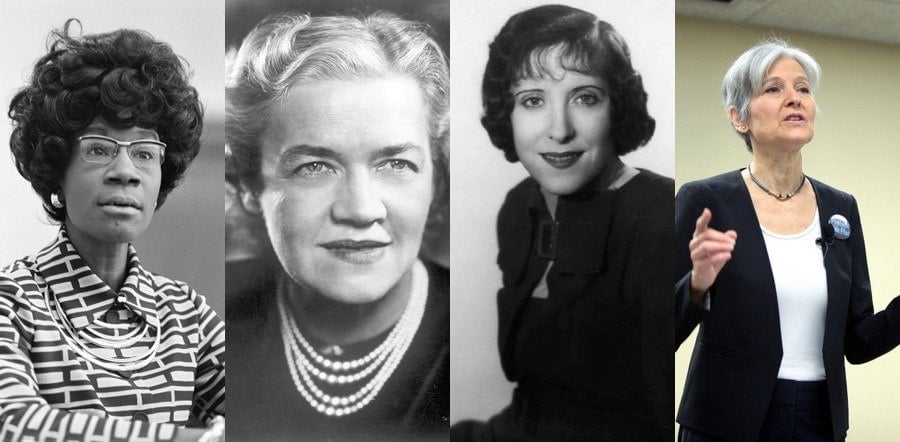
From left: Shirley Chisolm (Wikimedia Commons), Margaret Chase Smith (Wikimedia Commons), Gracie Allen (Wikimedia Commons), Jill Stein (Flickr).
Hillary Clinton may have made headlines for the last near-decade as she’s sought the United States presidency, but she’s hardly the first woman to make waves by pursuing the nomination — nor is she alone in being chastised for it. Here are four women who helped pave the way for Clinton’s run, and some of the hurdles they faced:
Female Presidential Candidates: Shirley Chisholm
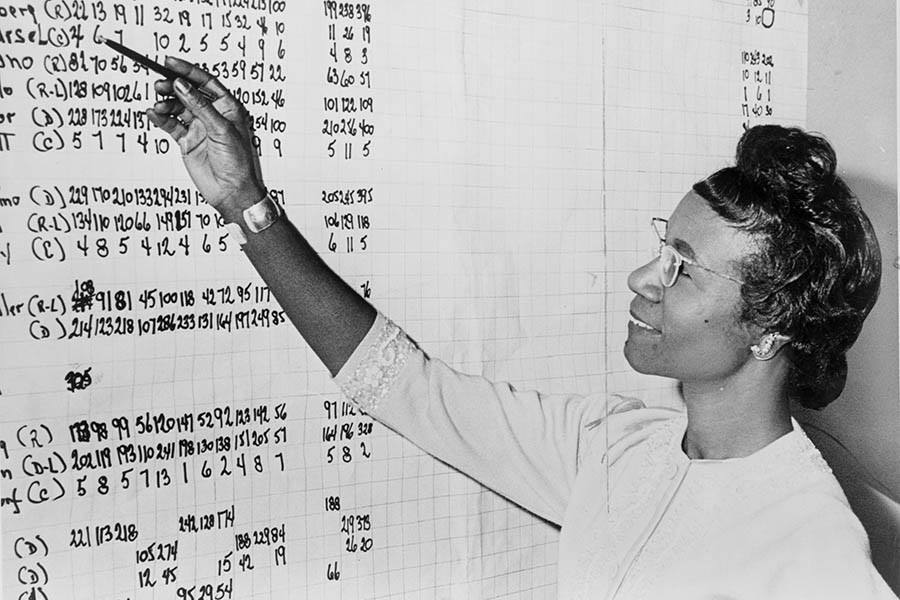
Shirley Chisholm. Image Source: Wikimedia Commons
In 1972, Shirley Chisholm became the first major-party African-American candidate to run for president and the first woman ever to run for the Democratic Party presidential nomination. Previously, she was the first African-American woman elected to Congress, from 1969-1983.
Chisholm was born in Brooklyn to Caribbean immigrants and for a time during her childhood lived in Barbados with her grandmother, as her mother was struggling to work and raise children simultaneously (her father was an unskilled laborer, her mother a seamstress). Chisholm had a very strict education there and spoke with a marked West Indian accent throughout her life. She proudly identified as Barbadian-American.
Her early work as an educator awakened in her a sociopolitical awareness that would define the rest of her career. She began serving in local legislatures, then became New York’s Democratic National Committeewoman in 1968.
When she ran for Congress in 1968 with a slogan of “Unbought and Unbossed.” While Chisholm won, she was placed in the House Agricultural Committee, which, given the urban settings she represented, didn’t seem to be beneficial to her constituents.
When Chisholm expressed her disappointment to rabbi Menachem M. Schneerson, he suggested she begin using surplus food to help the poor. She did, and went on to expand the food stamps program and become an important figure in the formation of WIC (The Special Supplemental Nutrition Program for Women, Infants and Children).
After voting in alliance with one of her superiors in Congress, she was rewarded with a long-awaited placement on the Education Committee, which as an educator had been her intention from the beginning.
She ran for president in 1972, but her campaign was poorly funded: Chisholm’s team only spent $300,000 and had a hard time being taken seriously by her Democratic colleagues.
Said Chisholm, “When I ran for the Congress, when I ran for president, I met more discrimination as a woman than for being black. Men are men.” She was equally exasperated with her black male peers. “They think I am trying to take power from them,” Chisholm said. “The black man must step forward, but that doesn’t mean the black woman must step back.”
Chisholm’s career slowed down in the mid-’80s when her second husband was in a car accident. She took several years away from politics to care for him, but after he died, resumed some activity up until her retirement in 1991. Her declining health over the next few years precluded her from accepting President Bill Clinton’s nomination to be the U.S. Ambassador to Jamaica — but she was inducted into the National Women’s Hall of Fame the same year.
She died in 2005 after suffering several strokes.
Margaret Chase Smith
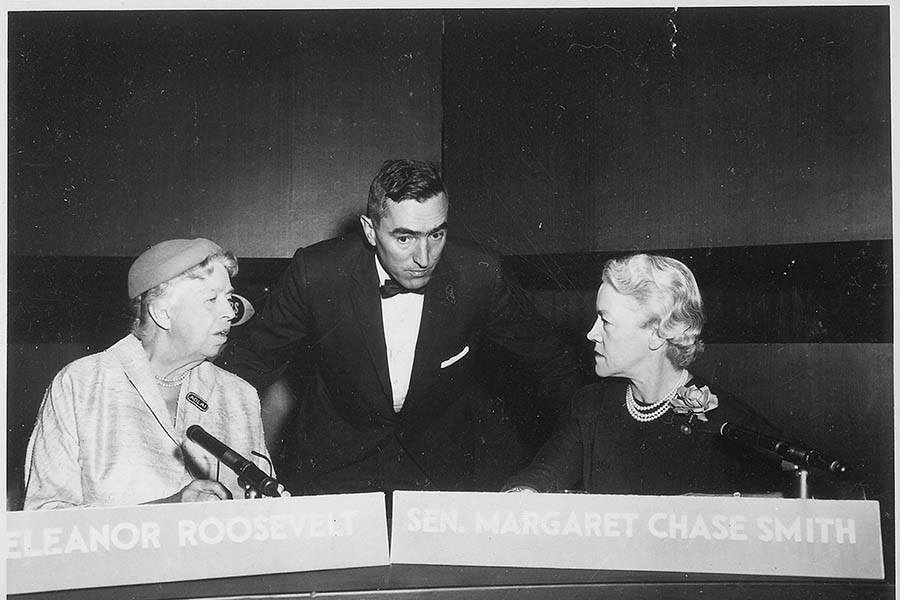
Margaret Chase Smith (right) meets with Eleanor Roosevelt. Image Source: Wikimedia Commons
In 1940, Margaret Chase Smith began her national political career as a U.S. representative and senator (Republican, Maine). She was the first woman to serve in both houses of Congress — and the first woman in Maine to serve in either.
Chase Smith initially ran for the House of Representatives after her husband, who had been serving for several years, suffered a heart attack and therefore could not run for another term himself. At his urging, Chase Smith ran on his established political platform. When he died, a special election was held to fill his seat. With no Democratic opponent, she won her husband’s seat without contest.
Throughout her time in office, Chase Smith became interested primarily in national security and military affairs, becoming the first and only civilian woman to sail on a U.S. Navy ship during World War 2.
She ran for president on the Republican ticket in 1964 and was the first woman to be nominated by a major party’s convention. In spite of her experience and her own protestation that she “[hadn’t seen the age played up in the case of the men candidates,” pundits spent much time speculating whether she was menopausal, and Chase Smith lost every primary. In one of the last interviews President John F. Kennedy ever gave, he called her “formidable” — though wondered aloud about the appropriateness of referring to “a fine lady” as such.
Still, those who worked closely with her saw the challenges she faced as a woman in a largely male-dominated environment.
Janann Sherman, a Chase Smith biographer, said, “She was always having to walk that tightrope between being strong enough and tough enough to be commander in chief, to run a country, but still feminine enough and ladylike enough … because being feminine was absolutely essential. And so she tried to balance it the best way she knew how.”
To date, Margaret Chase Smith is the longest-serving female Republican senator.
She died in her native Skowhegan, Maine at age 97 after suffering a stroke. Her ashes were placed in a special wing of the town’s Margaret Chase Smith Library.
When she ran for president, Chase Smith knew her chances of winning were slim, but she still persisted. “I have few illusions and no money, but I’m staying for the finish,” Chase Smith said. “When people keep telling you, you can’t do a thing, you kind of like to try.”
Gracie Allen
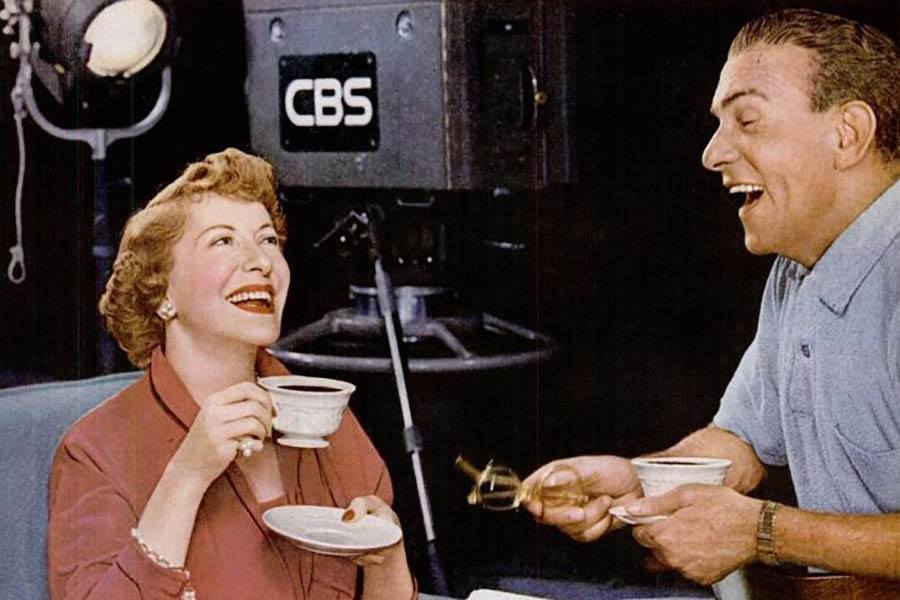
Gracie Allen on set. Image Source: Wikimedia Commons
Way before Ronald Reagan and Donald Trump became entertainers-turned-politicans, one Hollywood star decided to take her act on the road — to the White House.
Comedienne Gracie Allen’s campaign song was composed by Charles Henderson and included lyrics like: “the big politicians don’t know what to do — Gracie doesn’t either, but neither do you.”
The other half of a famous comedy duo, Allen and her straight man husband George Burns were Hollywood stars. Their double-act was known for their wild publicity stunts, but when Allen ran for president in 1940, no one anticipated that she would actually run a fairly successful campaign — let alone receive an endorsement from Harvard.
Allen ran on the “Surprise Party” ticket, which she and Burns created for the stunt. The Allen/Burns writers even published a book promoting her run, How to Become President.
In one of her campaign speeches, Allen said, “I don’t know much about the Lend-Lease Bill, but if we owe it we should pay it!” — which, of course, was meant in jest, though many longstanding jokes from the Burns and Allen act made their way into the campaign with a degree of legitimacy.
Despite the fact that it was all a joke, she received 42,000 votes in the general election in November 1940 — a respectable number and even more than several other serious female candidates who had, and would go on to, run.
Jill Stein

Jill Stein Image Source: Wikimedia Commons
Jill Stein is a Harvard-educated physician and activist who ran for Governor of Massachusetts in 2002 and 2010, and then ran for president on the Green Party ticket in 2012 when she received 456,169 votes. Because she’s yet to receive more votes than previous Green Party nominee Ralph Nader, it’s been difficult for Stein’s campaigns to be taken seriously.
The Green Party has always struggled to be popularly perceived as a “legitimate” party, but Stein has faced the additional burden of being a woman. As Stein said in a Refinery29 interview:
“When we fought our way in the debates in the 2010 Massachusetts governor’s race, they did things like give me trivial questions, and they wouldn’t ask me fundamental questions about the economy and jobs. I can tell you they were not on the key issues that I really wanted to speak on. And they didn’t give me the same amount of time or the number of answers. They then cut me out of the reporting on the debate. The picture of the debate was the three guys — and not the woman.”
Prior to politics, Stein practiced internal medicine in a private practice. She was particularly interested in how local environments intersected with public health — publishing several papers on the subject. Stein was active in the effort to get the Massachusetts fish advisories updated to better protect women and children from mercury contamination.
She went on to have a notable protest history, being arrested three times in 2012 during sit-ins and organized demonstrations in opposition of housing foreclosures, exclusion of smaller political parties from debates and in Texas for trespassing when she attempted to provide food and supplies to activists protesting construction of the Keystone XL pipeline.
When asked about what advice she would give young women today, Stein — who is currently seeking the Green Party nomination in the 2016 race — said the following:
“Be as powerful as you are. Don’t let them talk you out of your power. Your vision, your sense of family and community as our priority is absolutely right. We’re not only half the population, but other oppressed groups, people of color, Latinos, working people who’ve been thrown under the bus, the minute we get together, we are unstoppable.”
Next, check out some incredible female scientists whose discoveries were, sadly, overshadowed by men.

